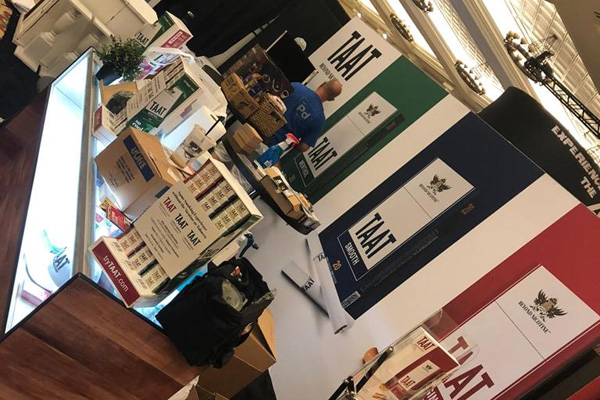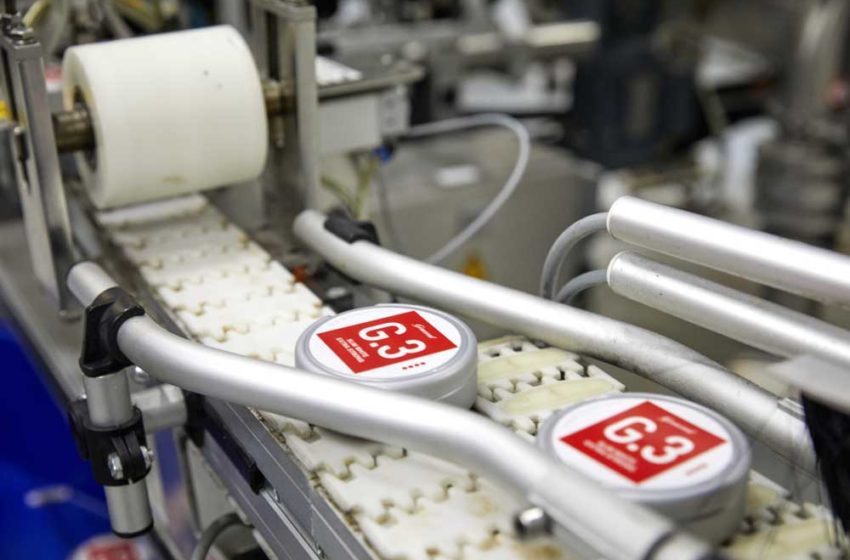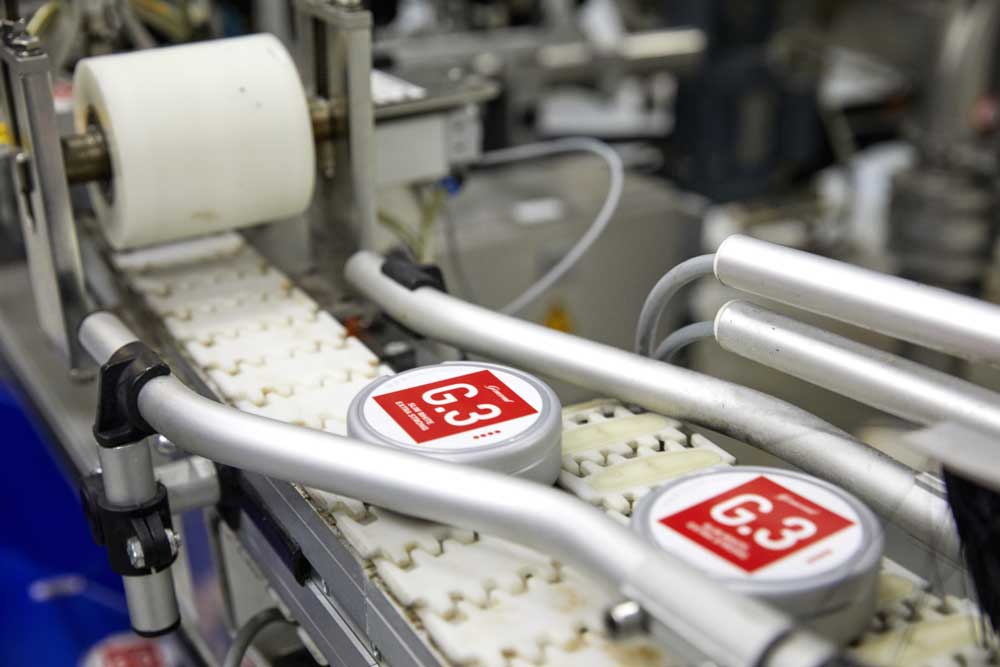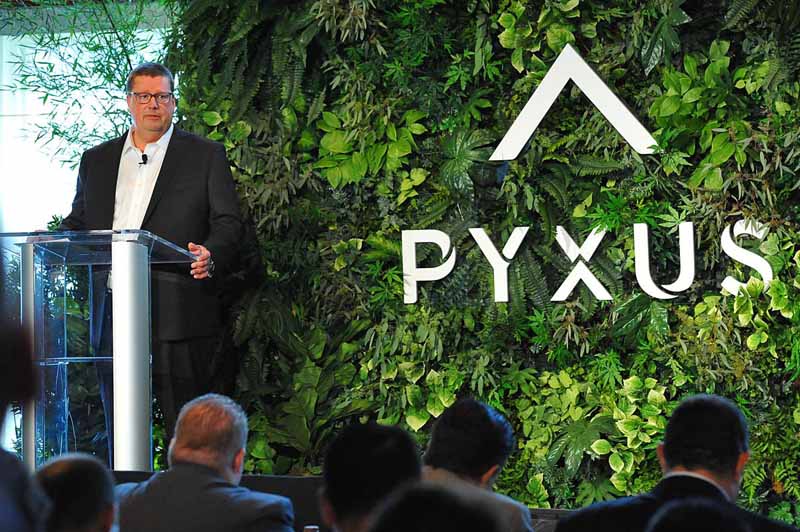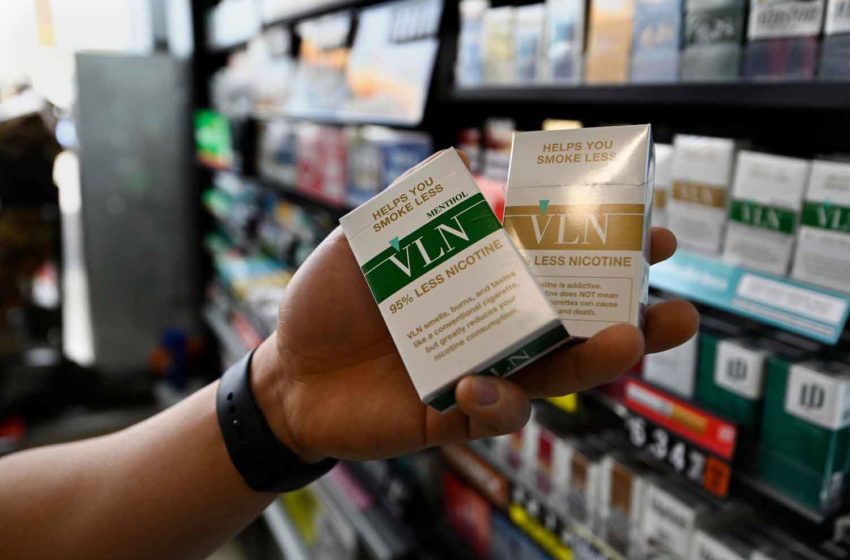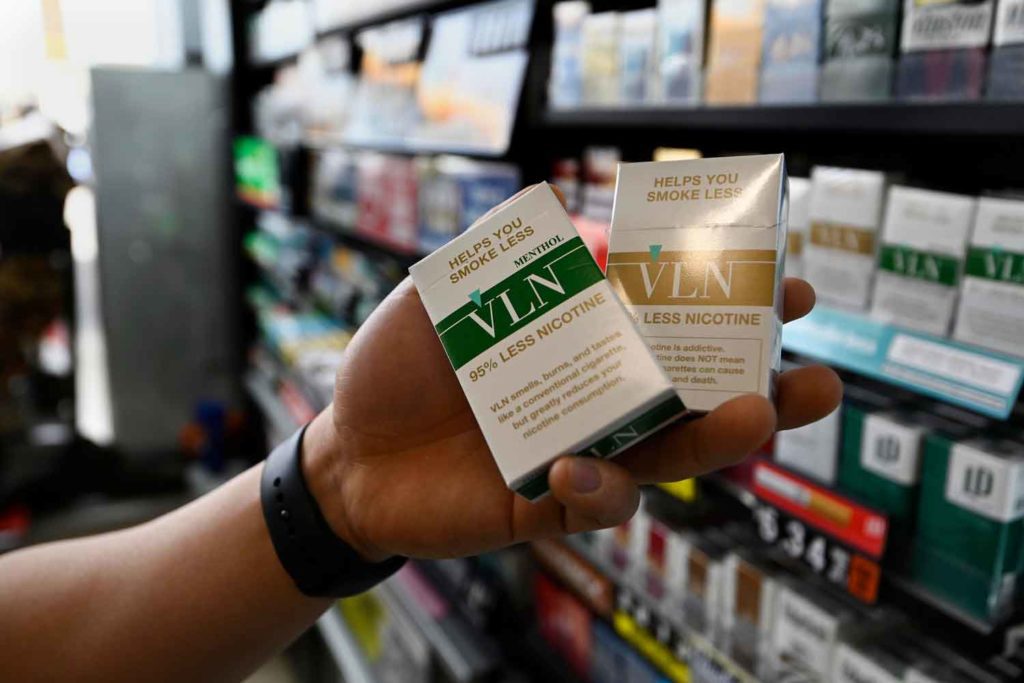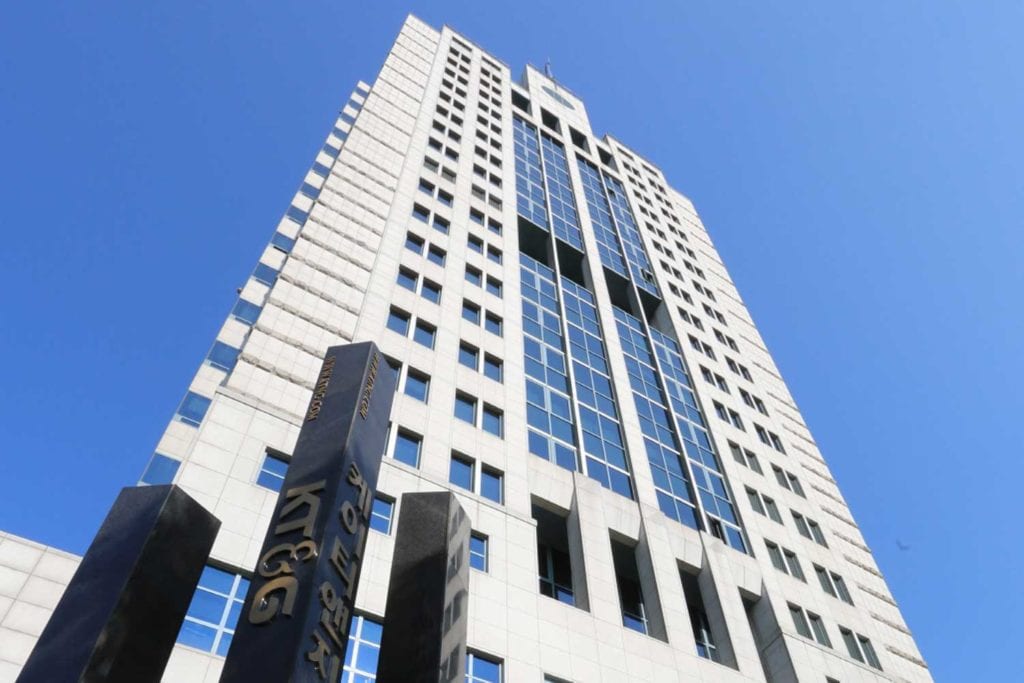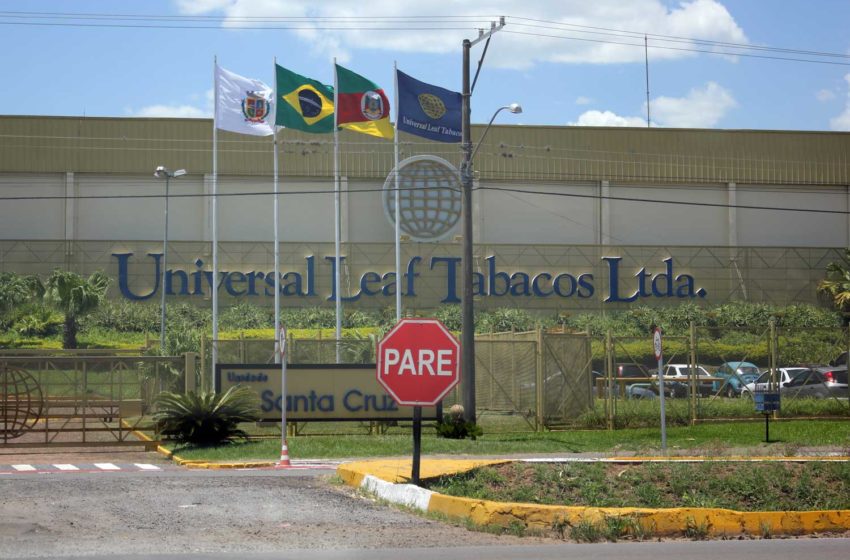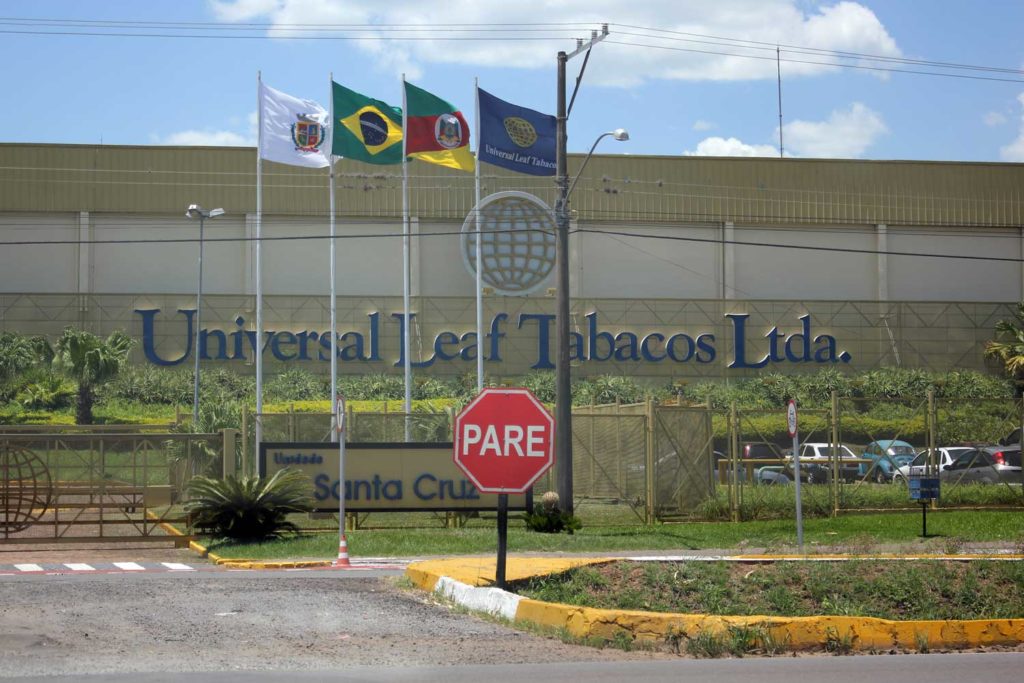Pyxus International reported sales and other operating revenues of $343.9 million for the fiscal quarter that ended June 30, 2022, up 3.2 percent over the comparable 2021 quarter. Net loss increased 27.8 percent to $14.7 million, primarily due to a $7.6 million decrease in income tax benefit. Adjusted EBITDA increased 17.1 percent to $17.3 million.
“As expected, our first quarter was consistent with the prior fiscal year, with increased demand and more normalized timing of shipments from Asia, partially offset by the timing of shipments from Africa and South America,” said Pyxus President and CEO Pieter Sikkel in a statement.
“As of June 30, 2022, our inventory increased $126 million compared to the prior year primarily due to higher new crop green tobacco prices and processing costs in South America, and accelerated new crop buying activities in certain key markets. In addition, our processed tobacco inventory continues to be more than 90 percent committed to specific customers.
“The overall increase in inventory and our committed inventory levels for processed tobacco position us to meet near-term demand and we expect to see stronger shipments in subsequent quarters in fiscal 2023, consistent with historical trends. Despite higher green tobacco prices and processing costs in South America, we were able to effectively manage our working capital to meet our purchasing goals for the current crop cycle.
“Crop sizes in certain markets in Africa, Asia and South America are below expectations due to the adverse impacts of prevailing La Nina weather patterns during the growing season, which has exacerbated supply shortages. We continue to engage with customers in transparent dialogue regarding the impacts of La Nina and inflation on our business. In response to these and other market dynamics, we accelerated buying activities in certain key markets, and continue to invest in research trials, local programs, and additional training for our global agronomy team to further support our efforts to maximize grower efficiencies and yield despite unpredictable weather patterns.
“We continue to expect fiscal 2023 sales to be between $1.75 billion and $1.95 billion and adjusted EBITDA to be between $130 million and $160 million. Moving forward, we are committed to recovering crop sizes, and aligning volumes in future years with customer expectations, as we work to deliver stakeholder value, and together, grow a better world.”
